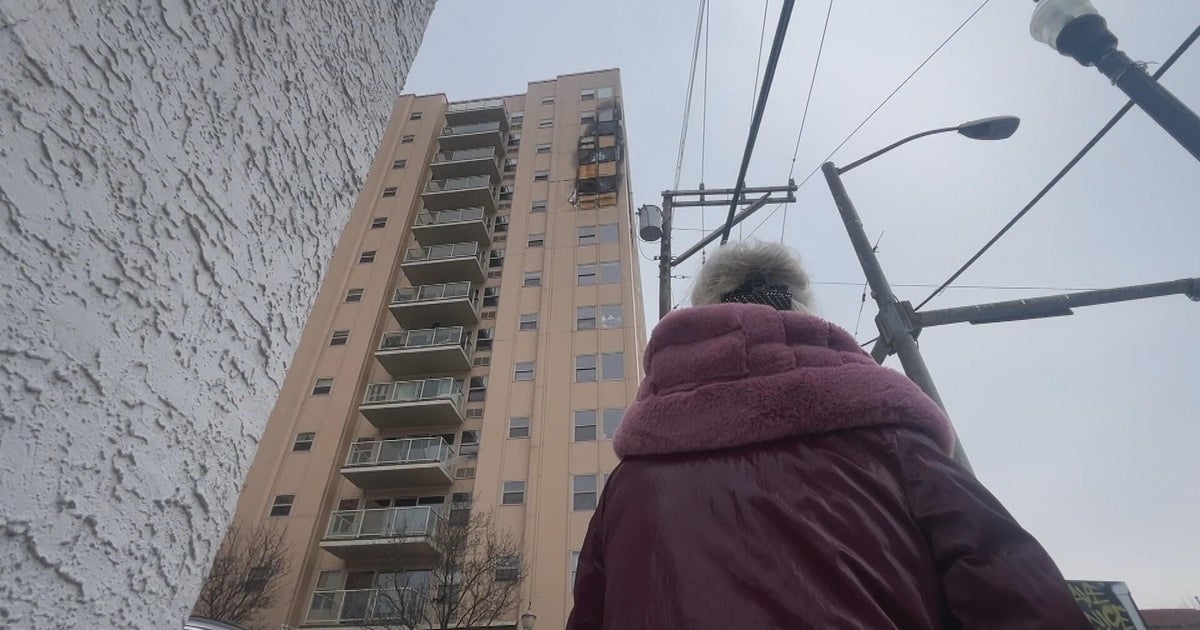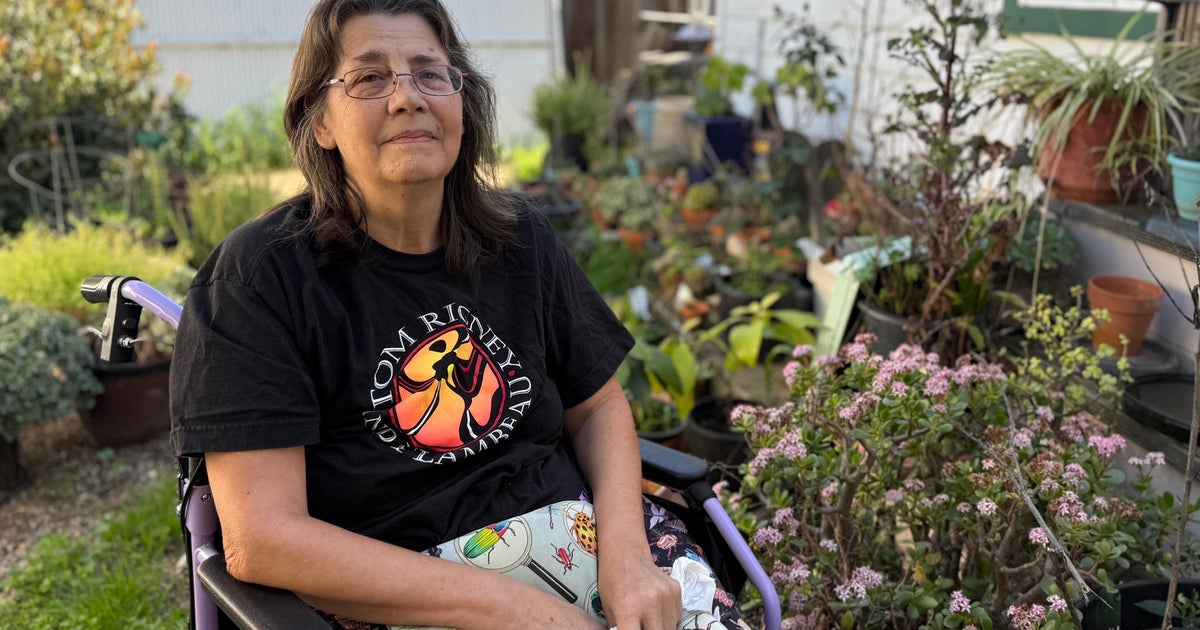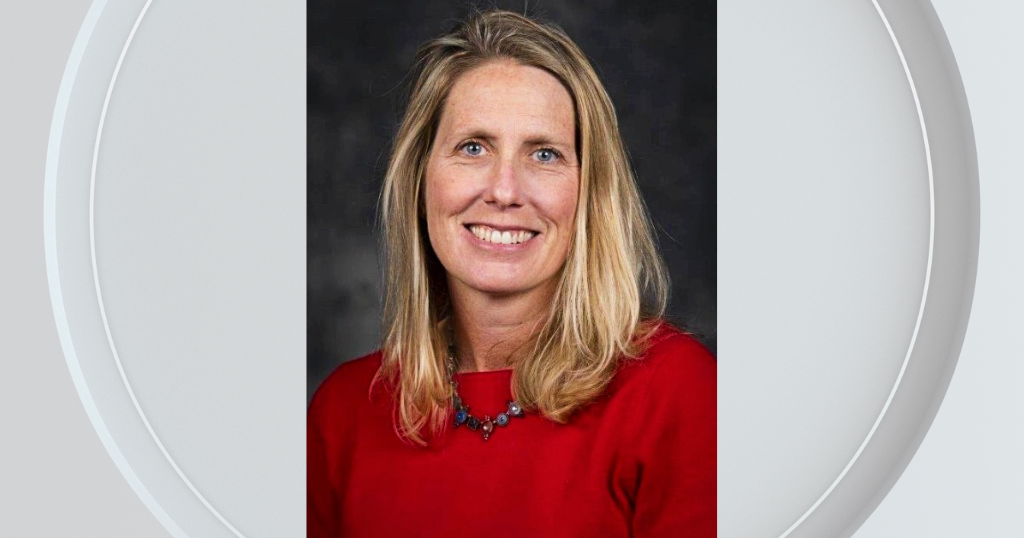What is a "sleep divorce" — and can it help you feel more rested?
Ever had trouble falling asleep or staying asleep because of your partner?
Whether it's getting disturbed by snoring, stolen covers during the night or differing schedules waking you up before your alarm — you're not alone.
People are taking to social media to talk about "sleep divorces," the idea of sleeping separately from your partner to get a better night's sleep. On TikTok, there are more than 355,000 views for the hashtag #sleepdivorce, and a survey from the American Academy of Sleep Medicine found more than a third of Americans engage in one at least some of the time.
For those looking for a better night's sleep, experts say there can be potential benefits.
"There are benefits for some partners to sleep separately," said Dr. Erin Flynn-Evans, a consultant to the American Academy of Sleep Medicine. "Studies demonstrate that when one bed partner has a sleep disorder it can negatively affect the other sleeper. For example, bed partners tend to wake up at the same time when one has insomnia. Similarly, when bed partners differ in chronotype, like when one is a night owl the other is an early bird, these differing sleep preferences can negatively impact both partners' sleep."
On the other hand, sleeping with your partner can help in detecting any conditions you may have been unaware of, Flynn-Evans said, as sleep clinicians use reports from bed partners to help identify patients with sleep disorders.
"For example, a person might report that their bed partner snores loudly, prompting them to seek treatment for sleep apnea," she said.
Dr. Daniel Shade, a sleep specialist with Allegheny Health Network, previously told CBS Pittsburgh if couples are honest with themselves, they'll likely know whether there's a problem.
"You're snoring and you're thrashing about, (it) disturbs your partner, or you're getting up at 4 a.m. to go to work, or you have to use the bathroom many times in a night, and that can get disruptive," Shade said, pointing to other factors that make affect sleep like differing preferences in light, temperature or even TV usage at night.
But, if there are no sleep problems, Shade said, "by all means, sleeping in the same bed is better."
"We release oxytocin and some other chemicals that are called 'the cuddling hormones' and things that give us a good feeling and bring us closer to that person we're imprinting upon that we're with," he said.
Flynn-Evans also notes sleeping separately should not be the solution if a partner is having sleep trouble.
"Couples should always seek treatment from a professional to identify sleep disorders. This is the only way to make sure both partners will obtain the best sleep they can, no matter where they end up sleeping."







